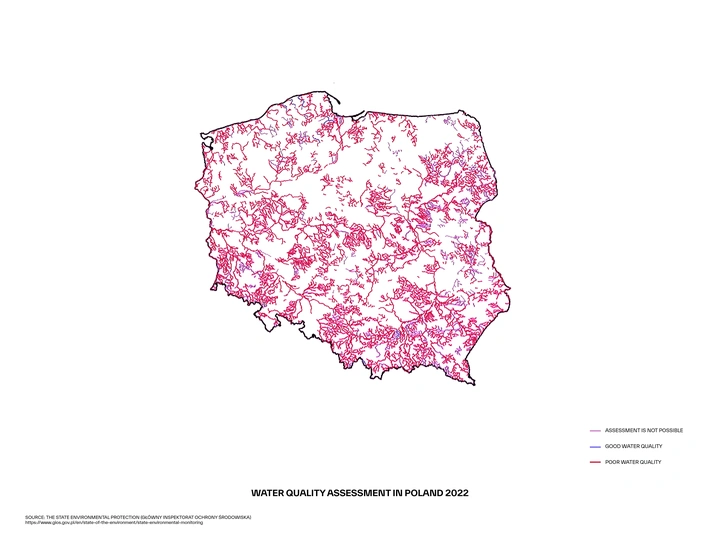Forever Chemicals: Political Ecologies of Toxicity

Romea Muryń
LOCUMENT, founded in 2015 by Francisco Lobo and Romea Muryń is a research studio that combines filmmaking with architecture and urban research. They use architecture and film as analytical, critical and subversive tools to emphasize contemporary issues and dissect their resolutions. They see the importance of observing rapidly changing social conditions through the influential factors of technology, economy, politics and urban environment. Bringing out these underlying stories, their work focuses on recreating the complex storyline hidden under the surface of the visible spectrum. Drawing from contemporary scenarios, Locument travels to unique locations to base their research topics, finding in them situations that, while site-specific, reflect problematics that resonate throughout the globe.
PBT chemicals, the acronym for ‘persistent, bioaccumulative and toxic‘, have a life span from 1 to 1000000 years or can otherwise be an irreversible presence, becoming a permanent part of the soil layer and human body. By tracing their sources to encounter responsible actors, research aims to analyze how regulatory ownership regimes fail to address contamination fluidity and are therefore incapable of protecting populations from the menaces of corporative pollution. Land ownership and usage fail to consider fluidity as an inherent aspect of soil, water and air and that the boundaries defined by humans are irrelevant in relation to contamination.
The research case study investigates the river Oder and the industries and farming lands located along its course. A national report from 2022 reveals that 90% of river pollution is caused by farming, waste disposal, chemicals and heavy industry. The western part of Poland consists of the largest accumulation of large-scale national and foreign corporations. Chemical pollution by forever chemicals in this specific context is not to be understood as a symbol of how systemic legislation failure allows for corporations to pollute soil and water and affect local populations, but it is because of this systemic legislation failures that particular cases, such as the one being researched, are allowed to occur.
The research aims to make aware the issues of irreversibility, accountability and responsibility of the corporations who are the sources of this pollution and create tools and strategies to handle the contamination and reduce harm to those affected. How could the political-ecological sphere regulate the corporate responsibility of environmental consequence? How could corporations be made responsible for the control and rehabilitation of the contamination they are accountable for? How could we create systematic tools or normative commitments to environmental justice?